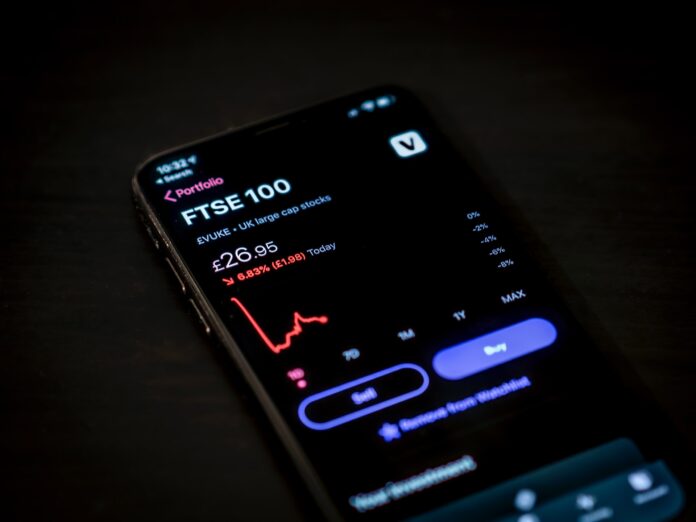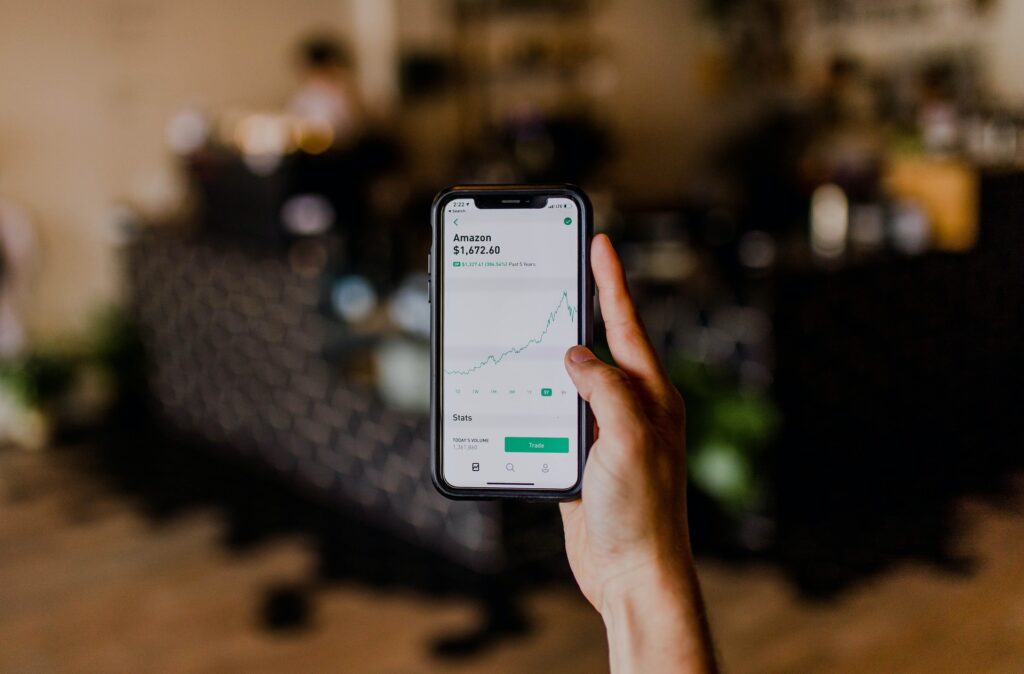
The exchange market is a specific area. Theoretically, you can make money by investing in promising assets or by concluding speculative deals trying to guess market trends. But these financial activities are believed to be really risky. Do not invest if you don’t have rent capital you can theoretically lose.
However, you will not be able to trade on the stock exchange independently. Firstly, only an accredited company that meets the legal requirements can conclude transactions on the stock or currency exchange in many countries. Secondly, you need to have a lot of available capital in order to conclude transactions on the exchange directly.
Therefore, ordinary traders usually are looking for the services of specific intermediaries. We are talking about brokers who transmit signals from the exchange to traders and also execute their orders for certain operations with minimal delay.
Of course, the brokerage companies don’t work for free and charge a commission for their regular services. The terms of commissions differ depending on the specific company.
How not to make mistake and not to cooperate with scammers

The initial goal is to determine that the selected broker does indeed operate on the exchange and provides its customers with reliable signals. The broker should not be interested in the outcome of the transaction of its traders. Otherwise, it can falsify signals or delay orders’ execution deliberately.
Unfortunately, nowadays you can meet dozens of companies that are scammers on the Internet. And they are still offering their services hunting for naive ‘traders’. Pretending to be brokers, they hunt for user deposits, promising them different bonuses, desirable gifts, and favorable conditions for ‘quick money without risk’.
Of course, there can’t be quick and guaranteed earnings on the stock exchange – and if someone promises you something like that, then you face a real scammer.
In addition, the broker may be real but simply does not suit you under the terms of cooperation. For example, it may have too high commissions (spread) or an additional commission for depositing funds into a trader’s account.
License and invoices – the first selection criterion
Brokerage companies can be registered either in your country or abroad, in offshore zones. It is desirable that the broker is licensed in your country, keeps money in your country, and is regulated by trusted government agencies.
Check for a license – this information should be publicly available. In addition, check if the selected broker has permission to operate in your country, Find the necessary information on the local regulator’s website.
Check where the brokerage company stores clients’ money. If money is kept abroad, in an offshore zone, you confront an additional risk. In the case of disputable situations, you will not be able to get your money back. Even if you try to use a broker.
Different brokers have different access to exchanges. Perhaps the selected broker does not have access to the exchange where you want to trade.
As a rule, brokers usually offer a set of tools for comfortable monitoring of the exchange and submitting orders. The execution time of orders and the type of order execution may differ depending on the selected company.
Address, phone number, working hours

The next factors to pay attention to are the site lifetime, the date of registration of the company, and its physical/legal addresses. Check the information on the official website, and then double-check it with the help of independent resources – address registries and the WhoIs service (you can use it to find out the domain registration period and info about the domain’s owner).
Broker rating
Even if the broker has all the necessary licenses, real address, and all the appropriate documents to work in your country, the company’s rating may be different. Some of them have high and trusted ratings, as well as some brokers, have bad ratings.
Brokers are rated by both international rating agencies and independent thematic services (for example, https://tradersunion.com/).
The rating shown by international agencies demonstrates how large the chosen broker is, how many transactions he carries out daily, how many traders he has registered. One more factor to find out – how many registered traders are active within the last weeks.
The advantage of independent services is the ability to get access to reviews and comments of users who have collaborated with this or that broker. Keep in mind that information from users can be advertising, so read as many reviews as possible. Visit several rating services if needed.
Pay special attention to negative reviews (they are almost always there). Also, check how the broker’s representatives resolve conflicts and get out of disputes with their clients. If they are trying to keep a reputation in each conflict it is an additional advantage.
Another point of independent portals with a rating is the ability to compare the terms of cooperation with different companies, as well as read professional reviews with the pros and cons of specific brokers. There is no need to open dozens of official websites to write down specific terms.
Commission

You need to find out the terms of cooperation with a broker before you make your first deposit. Even if you are going to deposit several dollars. Decide immediately which market you want to trade and what kind of deals you want to conclude – investment or speculative.
Commissions can be fixed or depend on the transactions performed. Some brokers charge commissions whether you trade on the exchange or not. Other brokers only charge a percentage commission on transactions or spreads. Some brokers charge both.
To add, the broker may charge a commission for account maintenance and other services. Deposit and withdrawal of money are usually carried out only in certain ways and with certain payment methods. Make sure they suit you.
Availability of tools for deals, analytics, and training
In conclusion, reliable brokers provide a wide range of tools for trading, collection of information, technical and fundamental analysis, market analytics, and market trends forecasting.
If the broker provides access to expert reviews, articles, materials from experienced traders, this is a plus.
Since trading and investment activities require constant improvement of knowledge, brokers offer various training materials, courses for their clients, consultations and master classes.











